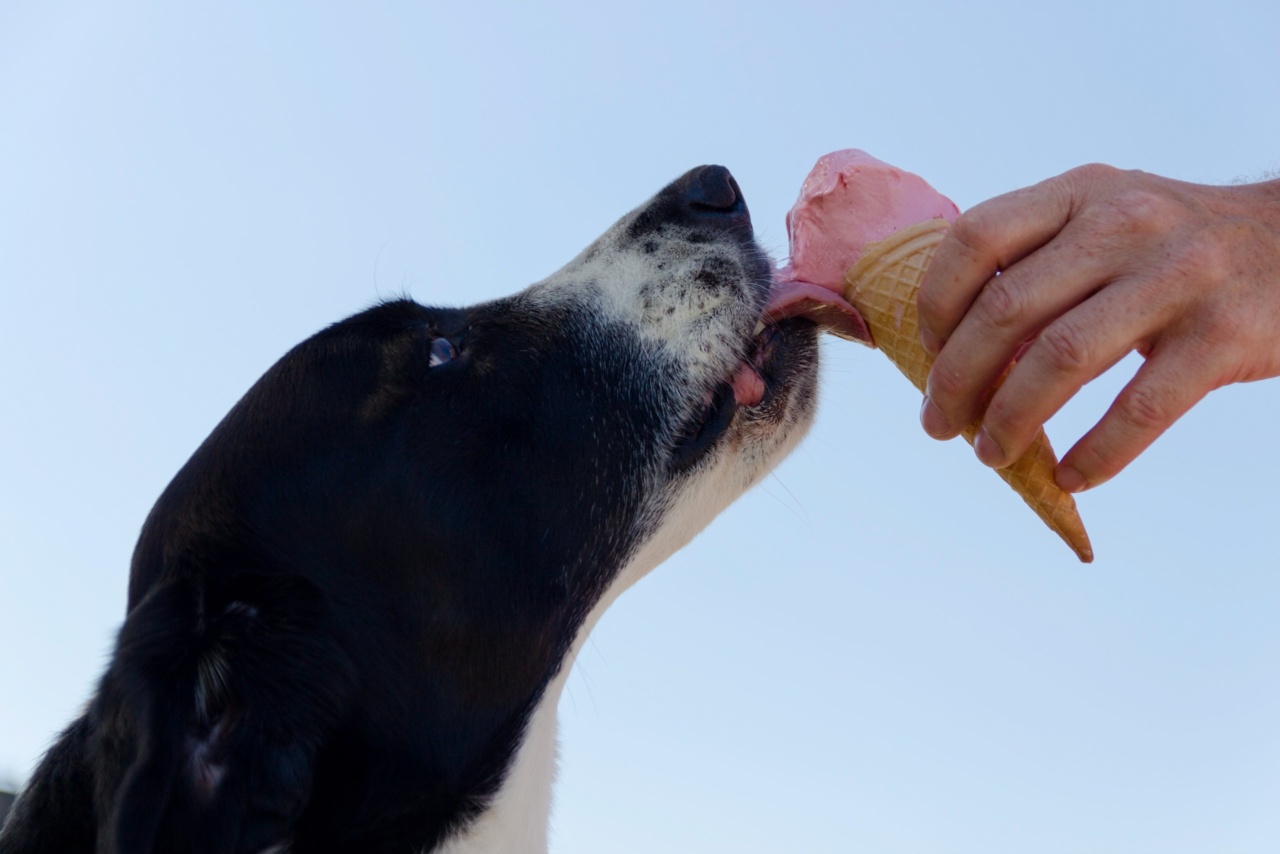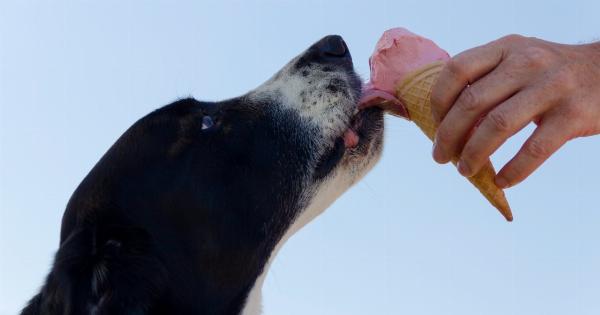Coping with Your Dog’s Unhygienic Eating Habits
Having a dog as a pet comes with its fair share of challenges, and one common issue that many dog owners face is dealing with their dog’s unhygienic eating habits.
Whether it’s scavenging from the trash, eating feces, or swallowing objects they shouldn’t, these habits can be both frustrating and concerning for pet owners. In this article, we will discuss the reasons behind your dog’s unhygienic eating habits and provide some coping strategies to help address and correct them.
Understanding the Reasons
Dogs exhibit unhygienic eating habits due to a variety of reasons. Understanding these reasons can help pet owners develop effective coping strategies:.
Lack of Nutritional Balance
One possible reason behind your dog’s unhygienic eating habits is a lack of proper nutritional balance in their diet. Dogs may resort to eating strange things if they are not getting all the necessary nutrients from their regular meals.
Ensure that your dog’s diet is well-balanced and meets their nutritional requirements.
Behavioral Issues
Some dogs develop behavioral issues that lead to unhygienic eating habits. This may include anxiety, boredom, or a compulsive disorder known as pica, where dogs have a strong urge to eat non-food items.
Identifying and addressing these underlying behavioral issues is essential to curb unhygienic eating habits.
Medical Conditions
Unhygienic eating habits can also be indicative of underlying medical conditions. Conditions such as gastrointestinal disorders, pancreatitis, or malabsorption issues can cause dogs to eat unusual things.
If you suspect a medical condition, consult your veterinarian for a proper diagnosis and treatment.
How to Cope with Unhygienic Eating Habits
1. Supervise Your Dog
Keeping a close eye on your dog can help minimize their access to unhygienic food sources. Avoid leaving them unsupervised in areas where they tend to scavenge, such as the kitchen or backyard.
This will allow you to quickly intervene and prevent them from engaging in unhygienic eating habits.
2. Train and Reward
Training your dog using positive reinforcement techniques is crucial in correcting their unhygienic eating habits.
Teach them commands such as “leave it” or “drop it” to deter them from picking up or consuming inappropriate things. Reward them with praise or treats when they follow the commands successfully.
3. Create a Safe Environment
Ensure your home environment is safe for your dog by removing potential hazards. Common hazards include toxic plants, household chemicals, and small objects that can be swallowed.
By eliminating these risks, you can minimize the chances of your dog developing unhygienic eating habits.
4. Provide Mental Stimulation
Boredom is often a contributing factor to unhygienic eating habits in dogs. Engage your dog in mentally stimulating activities such as puzzle toys or obedience training to keep them occupied and fulfilled.
A tired and mentally stimulated dog is less likely to engage in undesirable behaviors.
5. Address Underlying Behavioral Issues
If your dog’s unhygienic eating habits stem from behavioral issues, it’s crucial to address these issues head-on.
Working with a professional dog trainer or behaviorist can help you identify the root cause of the problem and develop a tailored behavior modification plan to correct the unwanted behavior.
6. Improve Diet and Nutrition
Consult with your veterinarian to ensure your dog’s diet is nutritionally balanced. If necessary, switch to a high-quality dog food that provides all the essential nutrients.
Adding supplements, such as omega-3 fatty acids, can also improve their overall health and reduce the chances of them seeking out unhygienic food sources.
7. Consistent Routine
Dogs thrive on routine, so establishing a consistent feeding schedule and exercise routine can help minimize unhygienic eating habits.
Feed your dog at regular times and ensure they receive enough physical exercise to prevent boredom or anxiety-related behaviors.
8. Behavioral Training
In more severe cases, where the unhygienic eating habits are deeply ingrained, behavioral training may be necessary. Working with a professional animal behaviorist can help you develop a comprehensive training plan to tackle the issue effectively.
9. Consult Your Veterinarian
If your dog’s unhygienic eating habits persist or worsen despite your best efforts, it’s essential to consult your veterinarian for a thorough examination.
They can rule out any underlying medical conditions that may be causing the behavior and provide appropriate treatment options.
10. Be Patient and consistent
Changing your dog’s behavior takes time and consistency. Be patient throughout the process and remain consistent in your training efforts.
With time, effort, and the proper coping strategies, you can help your dog overcome their unhygienic eating habits and lead a healthier, safer life.
Conclusion
Coping with your dog’s unhygienic eating habits can be a challenging journey, but by understanding the reasons behind these behaviors and implementing effective coping strategies, you can help your furry friend overcome these habits.
Remember to be patient, consistent, and seek professional help if needed. With your love and guidance, your dog can thrive and enjoy a hygienic and healthy lifestyle.































